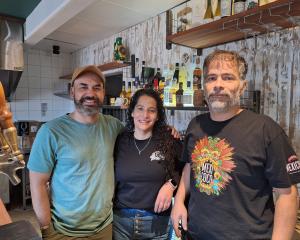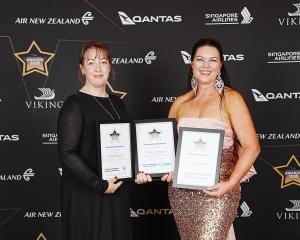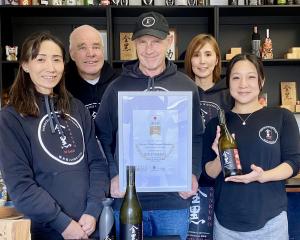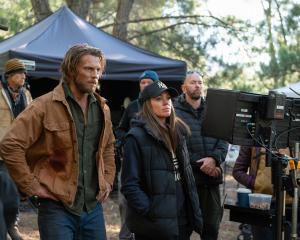
Sexual assault reporting is on the rise in Queenstown – prompting a victim support group to call for an end to mixed backpacker dorms and more training for judges.
Police data shows in 2014 there were just four reported, two years later there were 10.
There were 31 reported sexual assaults in 2017 and 18 last year.
Already 13 others have gone to the police this year.
And Jigsaw Central Lakes team leader Fiona Young believes the stats are just the “tip of the iceberg”. Her service has helped 59 victims since last July – 20 of whom have accessed the service this year alone.
Young says it’s difficult to understand reasons behind spikes in sexual assault reporting because some people come forward at the time of an incident, while others don’t report abuse for years. Alcohol’s a common factor due to the “drinking culture” in Queenstown.
And she believes there are issues with mixed dorms at hostels.
“It’s been a problem for a few years now.
“You throw alcohol in with a mixed dorm and the issue of consent gets very blurred for some.”
“If someone has been drinking and are impaired by alcohol, they are not able to give consent,” Young says.
Last November, a Frenchman got a strike against his name after he grabbed a Dutch woman’s breast when she refused to have a shower and sex with him. They were booked to stay in the same mixed dorm at a Queenstown hostel.
And in March, a Swiss tourist was convicted for indecently assaulting two other tourists as they slept in a hostel but were staying in a different room.
Backpacker Youth Adventure Tourism Association chairman Simon Cartwright says hostels offer single-sex and private rooms, but he isn’t sure it’d be possible to do away with mixed rooms.
“We have an enormous amount of couples travelling together wanting to stay together in dorms … and we also have a staggering number of groups of friends of both genders wanting to stay together,” Cartwright says.
Detective sergeant Brian Cameron concurs alcohol is a major factor – spikes in reported incidents happen when more people are out drinking, for example on New Year’s Eve.
“Almost everyone has been drinking – both offenders and victims – and that holds true for all crime types in the hours of darkness in Queenstown.
“That is no excuse – no means, no.”
If a victim isn’t in a state to say “no”, then they are not consenting, he says.
Due to the nature of the population, it’s common for victims to be seasonal workers in their mid-20s and 30s.
But there are victims of all ages, backgrounds, and both men and women.
Both Cameron and Young stress there is no blame attached to a victim, whether they’ve been drinking or not.
“We sometimes hear those [victim-blaming] comments from judges; the messages we give people, make it really difficult for them to come forward,” Young says.
She wants to see specialist training for judges presiding over sexual assault cases.
“The victims go through a lot on the stand, and they are already going through trauma as a result of the assault.”
Cameron encourages people to monitor their drinking because “you are less safe in any situation when you are intoxicated’, and to always go out with friends and go home with friends.
He say the figures are probably in line with population growth and there has been an increase in reporting of sexual assaults across the country.
Cameron hopes changes in how police investigate sexual assaults, prompted by the findings in the 2007 Police Commission of Inquiry, have made it easier for people to confide in police.
“A lot of work has been done by police with external agencies to look at ways of doing things better.”
The team takes a victim-led approach to investigating such crimes, which Cameron believes is helping people feel supported by authorities when they courageously report inappropriate and illegal sexual behaviour.
“The victim is at the heart of what we do, and they have a say in our response.”
Advertisement













